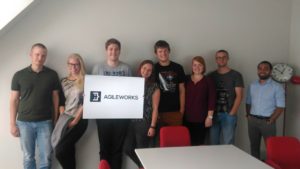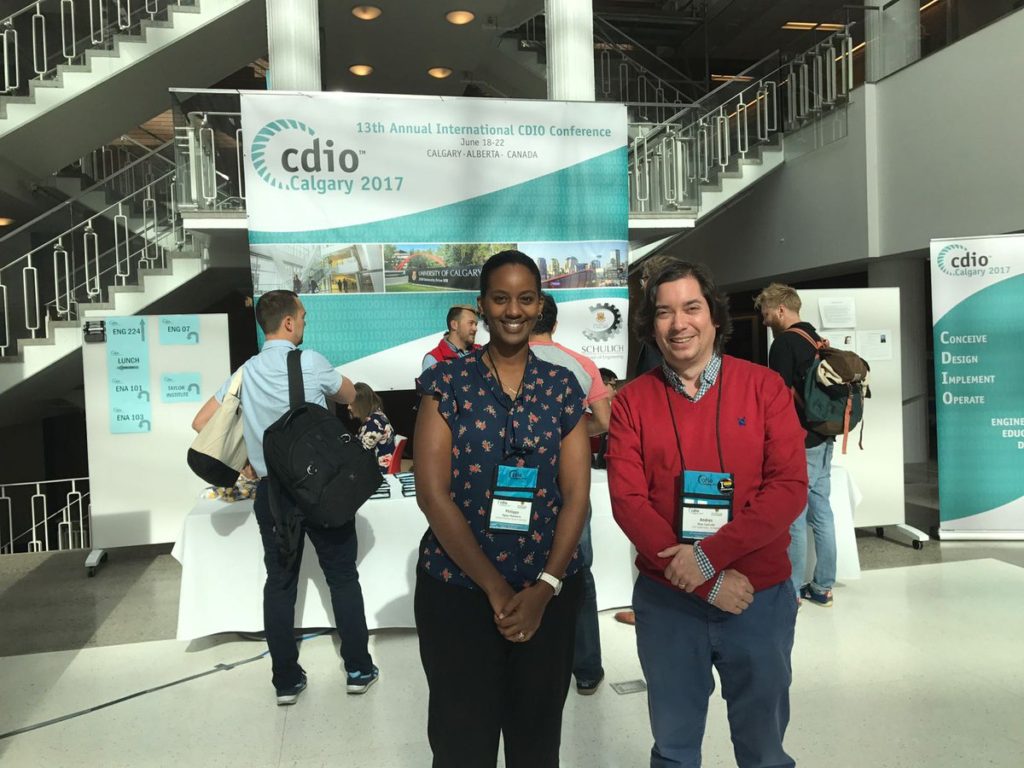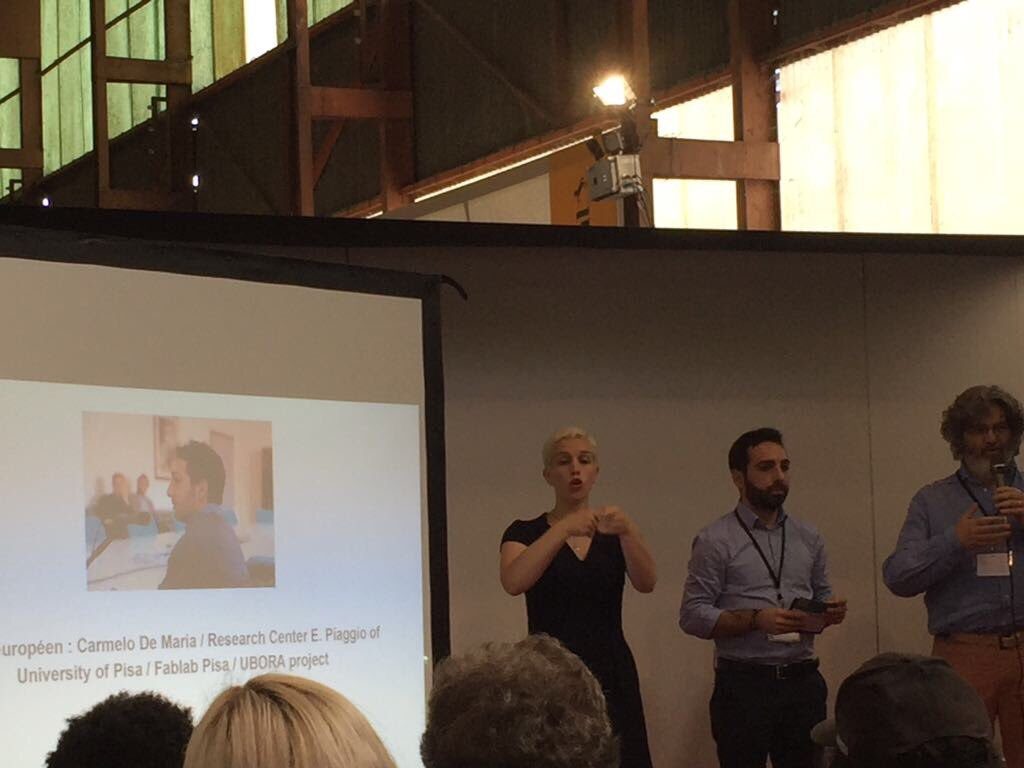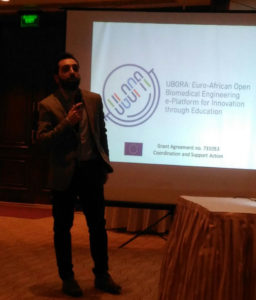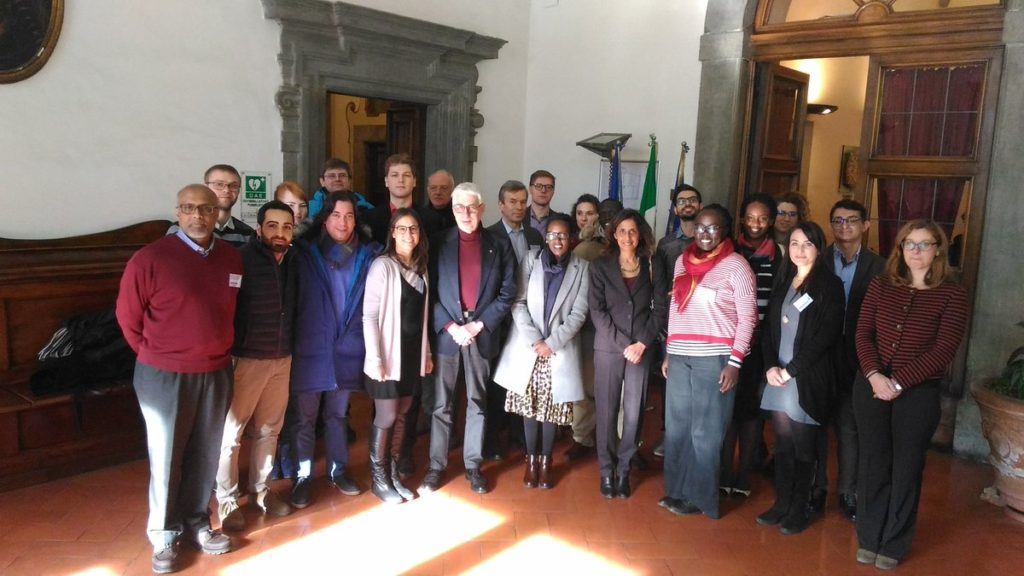Dear students,
the results of the second stage UBORA design competition are on-line.
From a total of 57 submitted design projects, for the 24 best-ranked projects travel and full-board will be provided for one team member to attend the UBORA Design School to be held in Kenyatta University (Nairobi – Kenya) from 23rd to 27th October 2017. Because of some joint places (i.e. with the same points), we will sponsor a total of 27 projects (highlighted in green in the table).
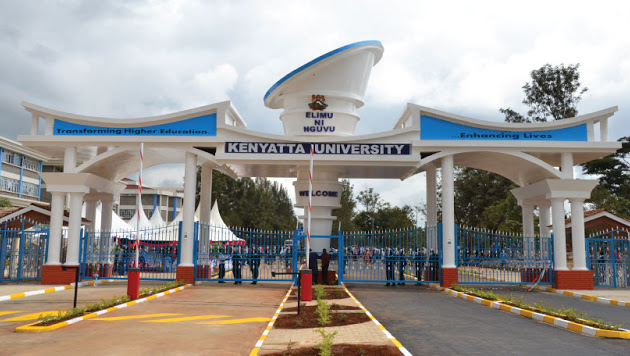
For the other projects, because they were nevertheless an excellent contribution, one team member will be invited to attend the UBORA Design School, too. However, we cannot provide any travel or accommodation costs: the team member has to provide his/her own expenses or request a travel bursary from their university.
All the participants will be personally contacted by our Management Office, for detailed instructions, regarding travel and accommodation.
Finally, we will invite ALL of you to participate in the UBORA e-infrastructure to further develop your projects, which will take you through the design, classification and fabrication process. You will be able to co-create with other designers with the help of mentors from industry and academia. We hope to count on you as pioneers for the design of safe and open medical devices to enable access to quality healthcare for all.
